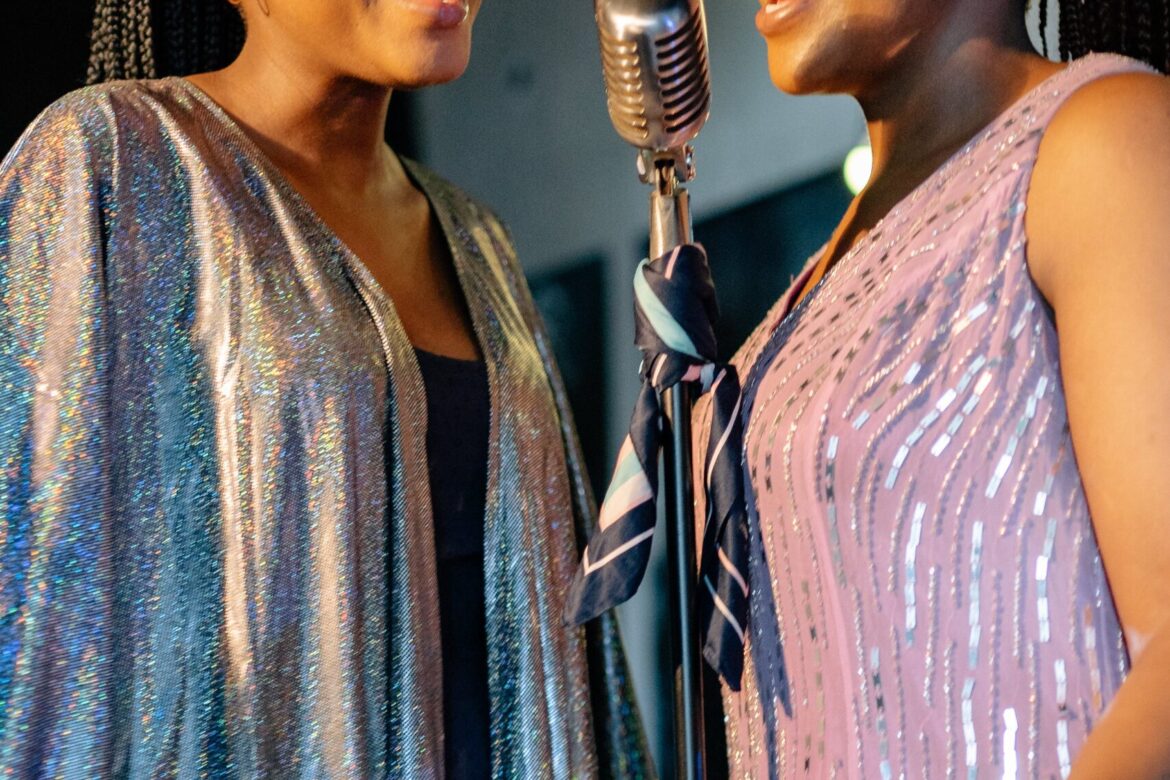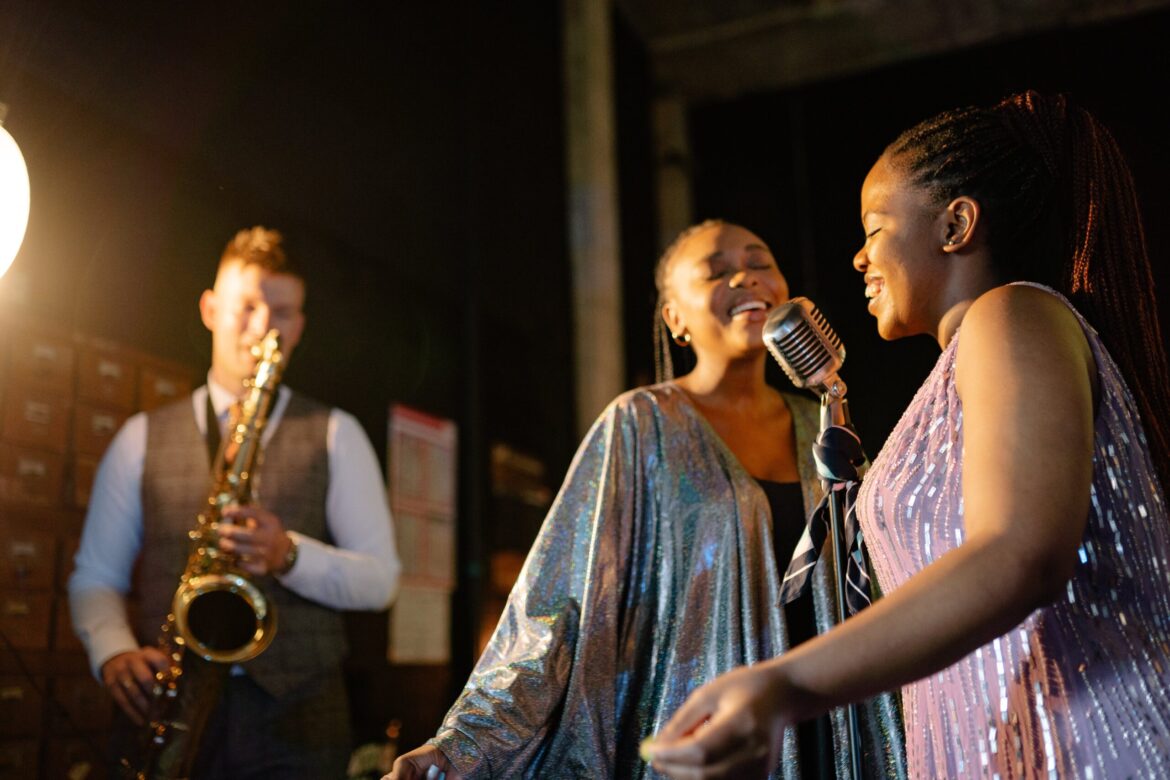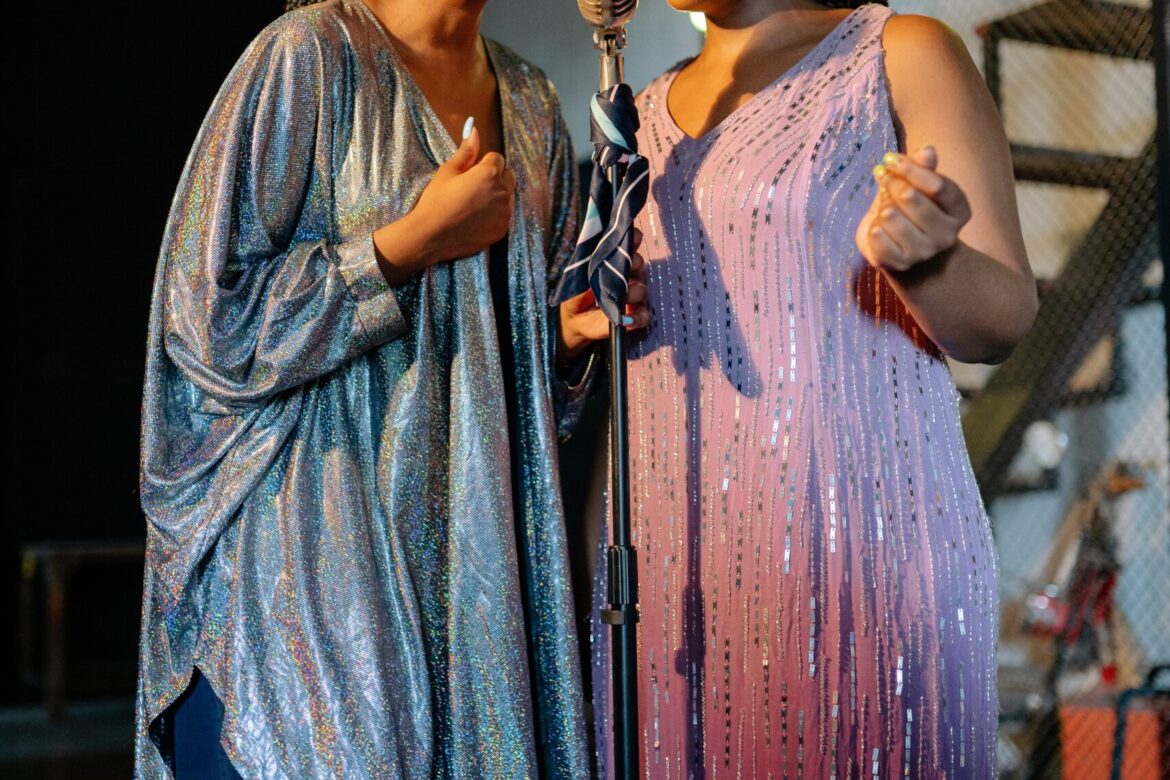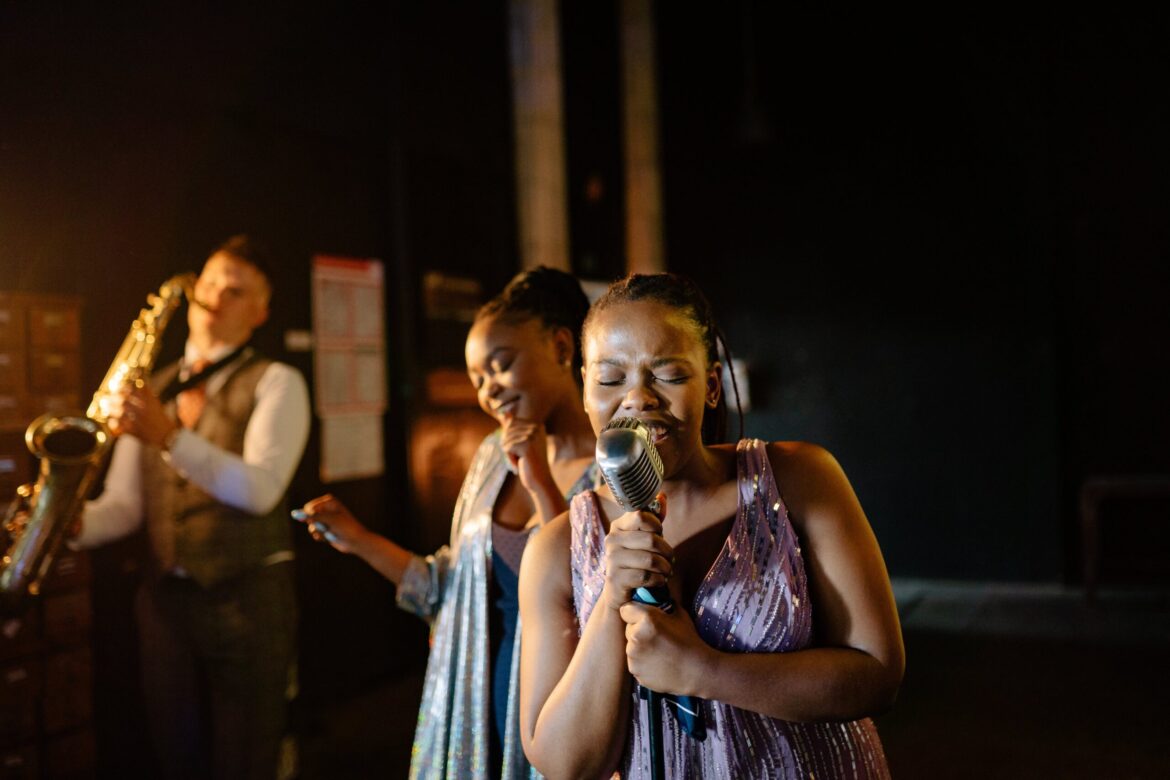As a black female jazz vocalist, my voice is not just an instrument; it’s a vessel of history, emotion, and power. In the tapestry of jazz, my voice weaves a narrative that transcends mere musicality—it tells a story of struggle, resilience, and triumph. Jazz, for me, is more than a genre; it’s an embodiment of the black female experience, a medium through which our collective and individual stories are told.
The power of my voice lies in its ability to convey the depth of emotion that words alone cannot express. Each note carries with it the weight of our ancestors’ dreams, the pain of their sacrifices, and the joy of their achievements. Singing jazz is like engaging in a conversation with history, where every song becomes a tribute to those who paved the way for artists like me.
As a black woman in jazz, I am acutely aware of the significance of my presence in this traditionally male-dominated genre. My voice is a declaration of strength and an assertion of space in a world that has often tried to silence women like me. It is an act of defiance against the stereotypes and limitations placed upon black female artists. With every performance, I challenge the narrative, bringing to the forefront the rich and diverse contributions of black women to jazz and to music as a whole.
Jazz has always been a music of expression and improvisation, and as a vocalist, I embody this spirit. My voice adapts, improvises, and communicates, not just with the musicians I share the stage with, but with the audience as well. This interaction is a powerful exchange, a sharing of energy that transcends the physical space of the performance. It’s in these moments that I feel a deep connection to my listeners, a bond forged through the shared language of music and emotion.
Moreover, the power of my voice is amplified by the stories I choose to sing. The repertoire of a jazz vocalist is often a reflection of their journey and experiences. Singing about love, loss, hope, and freedom, I not only express my personal narrative but also give voice to the experiences of other black women. Each song becomes a collective memory, a piece of a larger story that needs to be told.
In conclusion, as a black female jazz vocalist, my voice is my most powerful tool. It’s a symbol of perseverance, a beacon of hope, and a testament to the enduring spirit of black women. Through jazz, my voice joins the chorus of those who came before me, singing a song of freedom and progress. It’s a reminder that despite the challenges, our voices are potent, our stories are rich, and our place in the tapestry of jazz is undeniable.
Gallery Life Master



